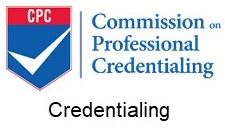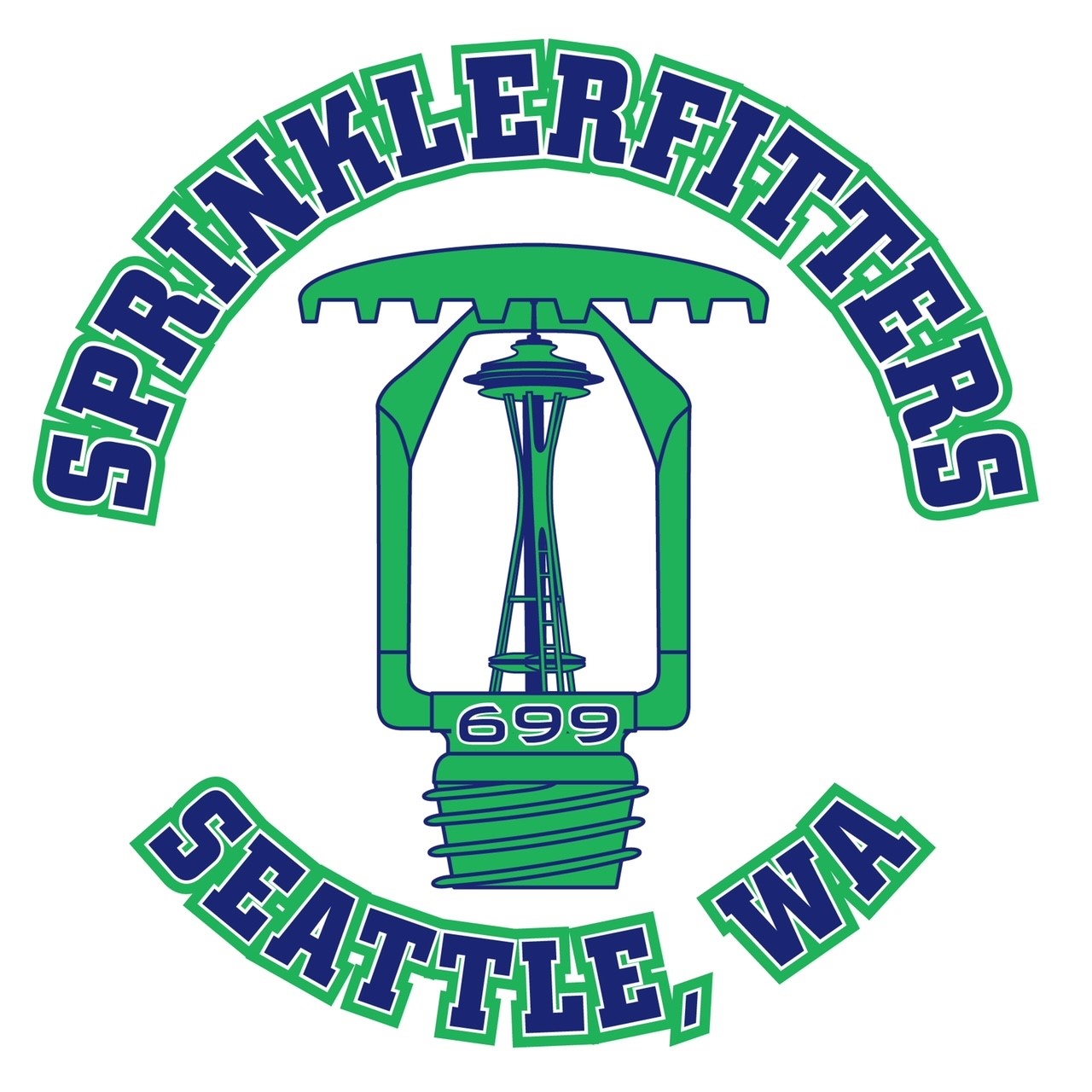CFAI Accreditation: An Ongoing Series
What is Credentialing – Grant Tinker
What is credentialing?
Professional credentialing is a process that verifies the qualifications and competencies of professionals in the firefighting and EMS field, ensuring they meet established standards of knowledge, skills, and experience. The Commission on Professional Credentialing (CPC) is a recognized organization that provides credentialing services to individuals in a wide range of positions.
The CPC's goal is to promote and enhance the quality of professional services by establishing standards for knowledge, skills, and experience. The CPC designation process includes an application portfolio and oral interview that assess an individual's mastery of their respective field and position.
The CPC currently has designations in the following categories:
· Fire Officer (FO) – acting officers are eligible (12 months of acting time minimum)
· Public Information Officer (PIO)
· Chief EMS Officer (CEMSO)
· Chief Training Officer (CTO)
· Fire Marshal (FM)
· Chief Fire Officer (CFO)
Who does the credentialing?
The Commission on Fire Accreditation International (CFAI) and the Commission on Professional Credentialing (CPC) serve different functions in the fire and emergency services community. Both the CFAI and CPC branches fall under the CPSE (Center for Public Safety Excellence). The CPSE is a non-profit organization that provides leadership and support to the fire and emergency services community, with a mission to improve public safety by promoting excellence in fire and emergency services.
The CFAI is an organization that accredits fire departments, providing a comprehensive assessment of the department's operations and services to ensure they meet established standards of performance and quality. Accreditation by the CFAI is a recognition of the department's commitment to excellence and ability to provide the highest service to its community.
On the other hand, the CPC provides professional credentialing/designation services to individuals in the fire and emergency services (think of it as an individual accreditation). The CPC offers certification programs for acting officers, fire officers, fire chiefs, and other related positions, ensuring that individuals meet established standards of knowledge, skills, and experience. By holding a CPC credential, individuals demonstrate mastery of their respective fields and commitment to professional development.
What is the process for becoming a designated officer?
The CPC certification process is rigorous, ensuring that individuals with a CPC credential have the necessary knowledge, skills, and experience to perform their job duties competently and ethically. This helps to ensure that fire and emergency services are performed with the highest level of professionalism and competence, providing the public with the highest level of protection and safety.
The application is thorough and detailed, capturing your past experience, education, professional development, professional contributions, professional memberships, and community involvement. Additionally, there may be up to 20 Technical Competency sections to complete, depending on which designation you are applying for.
Gathering past classes and dates can be challenging if you have not kept good records throughout your career of courses and certifications. Inputting the information required in the electronic application accounts for the bulk of the work of the process. Once all portions of the application portfolio are complete, you submit the application to the CPC Manager. From there, the CPC Manager assigns up to two peer reviewers to read and review your application portfolio. An interview is scheduled, and you will conduct the interview with your peer reviewer(s) over the phone. The interview can take anywhere from 30 to 90 minutes. Once the interview is complete, the peer reviewers will submit the application to the Commission for approval or denial.
The application portfolio is time-consuming, but it is critical to ensure that the application is as comprehensive and polished as possible.
Why is credentialing important? What does it do for me?
The importance of professional credentialing through the CPC lies in its ability to raise the standards of professionalism and promote public protection. The CPC certification process ensures that professionals meet established standards for knowledge, skills, and experience, assuring employers that individuals with the CPC credential are competent and qualified to perform their jobs.
Additionally, having a CPC credential can provide many benefits to individuals. For example, it can provide career advancement opportunities and demonstrate a commitment to professional development. A CPC credential can also give individuals a competitive edge when seeking promotion and employment, as many employers prefer to hire certified professionals.
Moreover, the CPC promotes ethical behavior and best practices in the various professional fields it serves. The CPC sets strict ethical standards for its credentialed professionals, which helps maintain public trust and confidence in their services.
Final note
In conclusion, professional credentialing through the CPC is an important process that verifies the qualifications and competencies of professionals, ensuring they meet established standards of knowledge, skills, and experience. The CPC helps to raise the standards of professionalism, promote public protection, and demonstrate a commitment to professional development. By holding a CPC credential, individuals can enjoy many benefits, including opportunities for career advancement and promotion of ethical behavior in their respective fields.
For more information:
http://www.cpse.org/credentialing
About Grant:
Grant Tinker is a captain with the Colorado Springs Fire Department in Colorado, an accredited agency through the Commission on Fire accreditation International (CFAI). Captain Tinker has been with the department for more than fifteen years, working his way through the ranks to Captain in 2020.
Captain Tinker has a bachelor’s degree in Psychology from the University of Northern Colorado and is a graduate of the National Fire Academy’s Managing Officer Program. Tinker has been honored with several awards and recognition including being named Firefighter of the Year in 2019.
He earned his Fire Officer (FO) Designation in February 2015.







.jpg)

.jpg)


